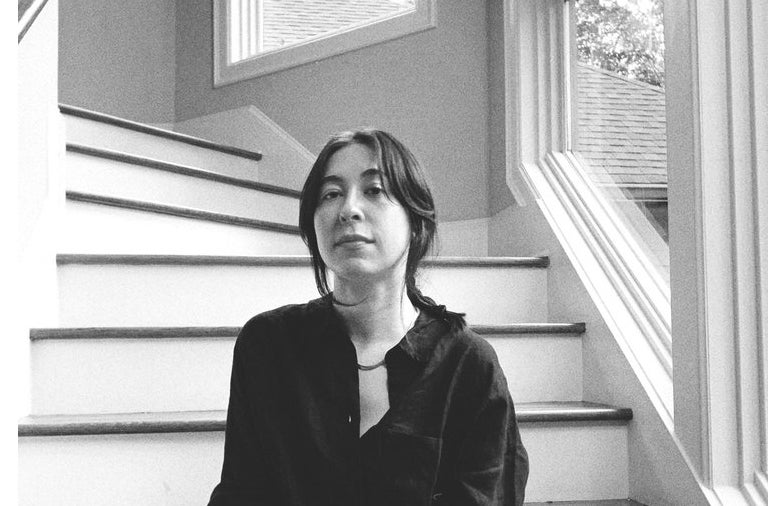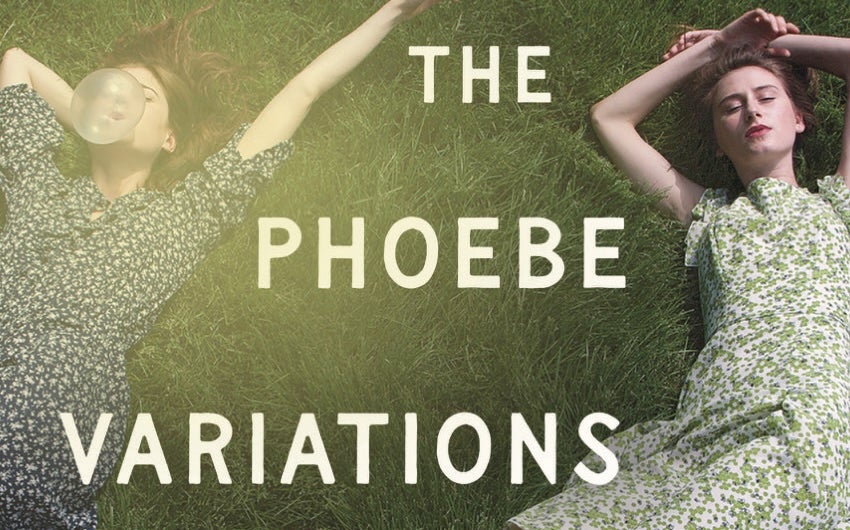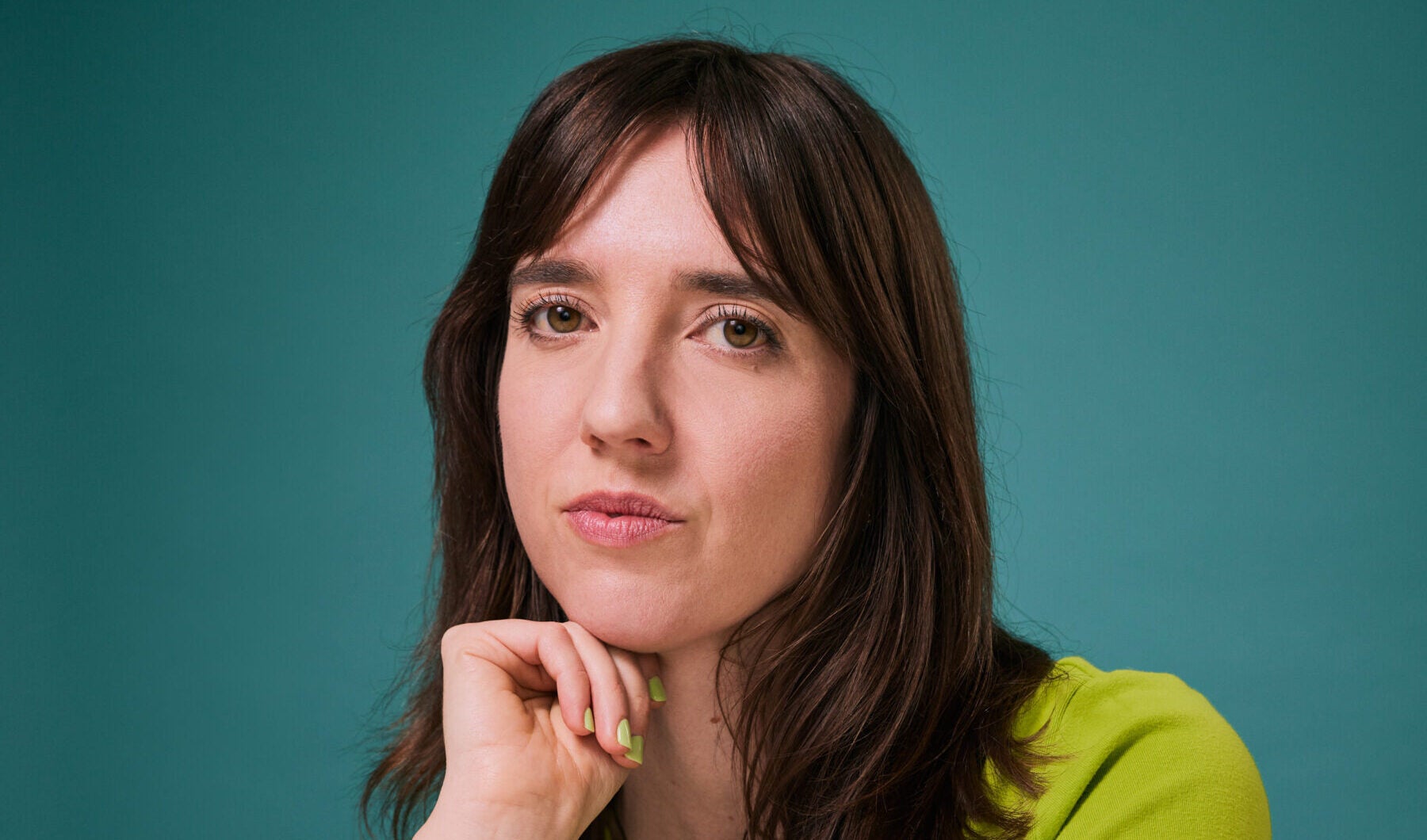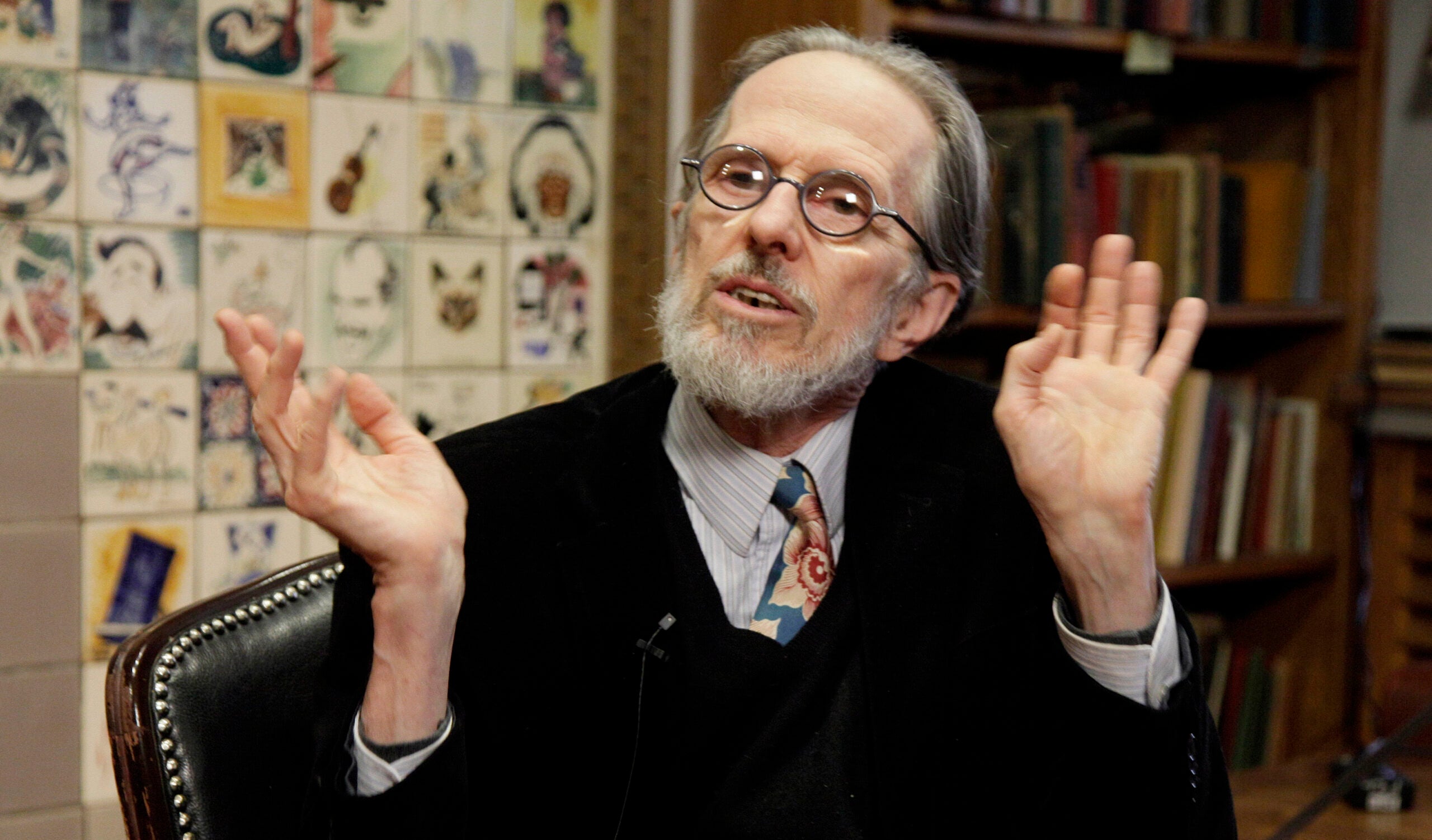Novelist Alexandra Tanner has written a funny, tender and frank novel, “Worry,” about two sisters — Jules and Poppy — who spend an eventful year living together in 2019. They push and sometimes eliminate boundaries with each other, but ultimately surface from the wreckage with a newfound perspective, ready to face the world. In 2020.
Tanner caught up with WPR’s “BETA” host Doug Gordon to chat about “Worry,” her real-life sibling relationship and her “Seinfeldian” inspirations.
The following interview has been edited for clarity and brevity. Click to listen to hear the whole piece.
News with a little more humanity
WPR’s “Wisconsin Today” newsletter keeps you connected to the state you love without feeling overwhelmed. No paywall. No agenda. No corporate filter.
Doug Gordon: Your debut novel, “Worry,” has been described as “Seinfeldian.” Do you think of it as “Seinfeldian”?
Alex Tanner: When we sort of were gaming out how to discuss the novel and had this idea, to use that term, “Seinfeldian” — I mean, it feels big and it feels scary because I’m such a huge “Seinfeld” fan, such a huge Larry David fan. So I didn’t want to be the one to say, “I’m Seinfeld. I’m Larry David.”
But I think what’s great about that term, it just encapsulates everything I was trying to do here. Those little social vexations and the tiny interpersonal dramas that can drive you medically insane.
DG: The main characters are Jules Gold and her younger sister, Poppy. Can you tell us a bit about their relationship?
AT: Jules and Poppy are really enmeshed. They’re extremely close. It’s a sibling relationship with very few boundaries. And sometimes that can be really freeing. And especially because over the course of the novel, they’re living together, so they don’t have to do the polite roommate thing of, “Can you take out the trash?” They can just yell at one another and wound one another.
They go back and forth between trying to respect one another as separate people and also feeling, “This person’s my mirror. This person is another me. This person is me, for all intents and purposes.”
DG: Yeah, I think you’re right. I want to ask you about your sibling, Jess. You note in the acknowledgments that Jess came to stay with you “and stay and stay.” Is there anything to read into your real-life relationship with Jess, compared to the fictional relationship between Jules and Poppy in the novel?
AT: So, Jess and I did live together for a period of about five months in 2016. I was living in a really tiny studio apartment in the West Village. It was like 200 square feet. I didn’t even have space in it for, like, a full-sized bed. I had a day bed with a trundle underneath, and Jess wound up sleeping on the floor essentially for five months, and we were living together and working jobs neither of us quite liked, and having a great time and arguing and getting into all kinds of physical and verbal fights.
So, that’s where wanting to write about the specific experience of cohabitating with a sibling came from. I think Jess and I are a version of Poppy and a version of Jules. They’re sort of the worst versions of us. And it was a fun thought experiment to see, can I sustain this for whatever, 300 pages, to sort of plug us into these scenarios that are funhouse mirrors of what we went through in real life?
I think my family has been a space, especially in recent years, where I feel really safe to be myself and to be my worst self.
Alexandra Tanner
DG: I don’t think we can talk about “Worry” without talking about Jules and Poppy’s mother. Can you tell us about her?
AT: Wendy. She’s a character.
I have a lot of interest and empathy in Wendy. And she’s sort of been jumping out to people as this nightmare. She’s this monster. But, I think you can’t have Jules and Poppy without Wendy because she’s such a critical figure in every sense of that word. She criticizes them. She criticizes herself. She criticizes everyone around her.
But she also has this enormous presence where, you know, her consciousness lives in Poppy and Jules. And I think Jules’ relentless relationship with anxiety comes from Wendy’s relationship with anxiety and Wendy’s desire for this sense of control and peace that don’t exist. And I think Jules and Poppy are chasing that because she’s chasing it.
DG: If you don’t mind my asking, does Wendy have anything in common with your real-life mother?
AT: In that she’s extremely anxious and overprotective and has a big love for Jess and I. But what’s interesting about writing these versions of my family members into this book is that I think I come from a family that’s extremely close and extremely loving. And the same way that Jess and I have gone through periods in our relationship where there is a lack of boundaries and how that shows up for Poppy and Jules, I think my family has been a space, especially in recent years, where I feel really safe to be myself and to be my worst self.
And I think that’s the beauty of a family can give you — it’s a space where you might be judged, but you’re never going to be totally shunned. At least that’s how it is in my in my world.
DG: What do the members of your family think of the way they’re portrayed?
AT: My dad was reading the final copy of the book, and he gave me a call. He was like, “All our stories are in here. They’re all in here. And it’s beautiful and it’s so amazing to see them and to see these little pieces of our lives reflected back at us.” So, I feel very lucky in that they’re happy, they’re proud, they think it’s funny, which is the most important thing to me — that I could make them laugh.







